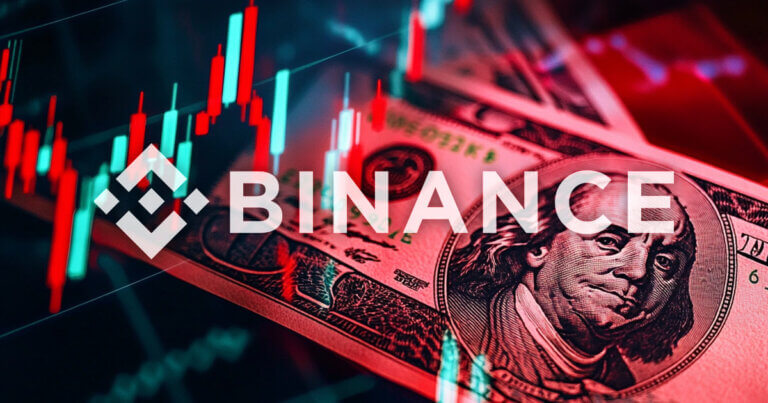 Binance blocks $2.4 billion in potential crypto scams in 2024
Binance blocks $2.4 billion in potential crypto scams in 2024 Binance blocks $2.4 billion in potential crypto scams in 2024
Binance said its efforts protected more than 1 million of its users.

Cover art/illustration via CryptoSlate. Image includes combined content which may include AI-generated content.
Binance, the largest crypto exchange by trading volume, announced that it had prevented over $2.4 billion in potential user losses from scams and fraud in the first seven months of 2024, according to an Aug. 20 statement shared with CryptoSlate.
Binance revealed that over $1.1 billion, or about 45%, of the $2.4 billion in averted losses involved withdrawals linked to suspected crypto scams. The exchange reported that these efforts protected more than 1.2 million users on its platform.
Binance attributed its success to a sophisticated internal risk engine that operates 24/7, using a combination of AI-based and manual reviews for real-time monitoring.
Binance CTO Rohit Wad said:
“Preventing over $2.4 billion in potential losses in just seven months highlights our relentless commitment over the years.”
He further emphasized Binance’s focus on user protection, which is underpinned by advanced technological tools and processes that safeguard users and their assets 24/7.
The announcement follows the platform’s recent efforts to recover or freeze $73 million in stolen user funds this year. Binance said the funds recovered so far this year are already up 33% compared to the $55 million recovered in 2023.
According to the firm, 80% of the funds recovered this year were stolen through hacks, exploits, and thefts, while the remaining 20% were lost to scams.
Compliance efforts
Market analysts pointed out that Binance’s recent emphasis on retrieving stolen crypto is part of its broader strategy to demonstrate its compliance with global regulations. This comes in the wake of recent regulatory challenges in the United States and Nigeria.
When Richard Teng assumed the CEO role last year, he pledged to implement robust anti-money laundering measures, enforce strict know-your-customer policies, and ensure regulatory compliance. Since then, the exchange has made significant efforts in these areas, evidenced by its recent registration in India after a seven-month hiatus.
In January, the firm was barred from serving Indian users due to its failure to comply with local laws. However, the exchange revealed that it secured the appropriate licensing this month and will be able to better serve its Indian users.









































































































